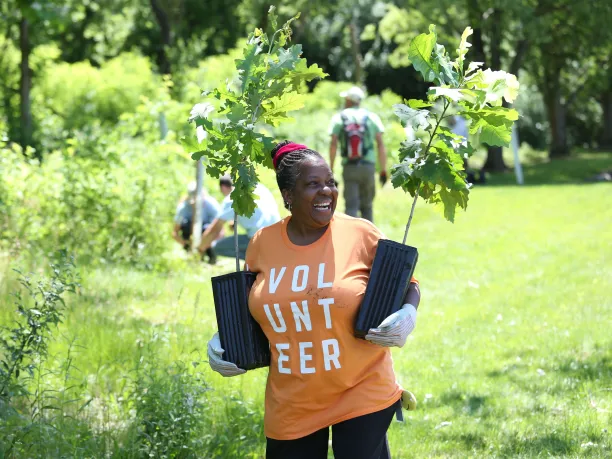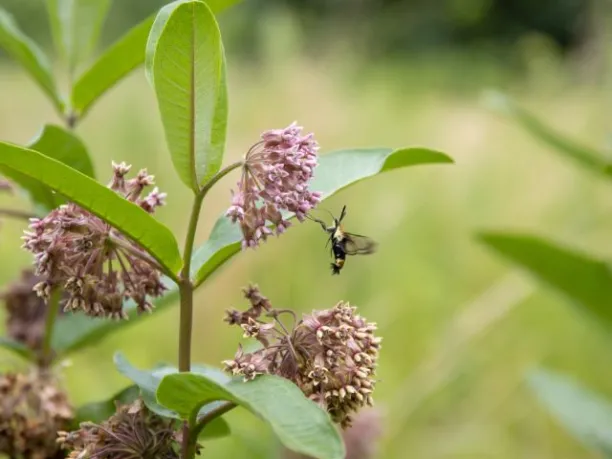Grants
2024 Biodiversity Conservation Grant
Enhancing Pollinator Habitats
Thanks to major support from Toyota Motor North America, this grant will provide $200,000 in funding toward the creation, restoration, and protection of habitat for important pollinator species such as butterflies, bees, bats, and more.
The grant-funded pollinator projects will be completed in the summer of 2025. In addition to supporting new and existing pollinator habitat projects, funds will also be used to incorporate engagement activities and intentional community outreach with historically marginalized communities and underrepresented audiences in the outdoors. These engagement activities are designed to educate the public and empower them to create and protect local pollinator habitats.
List of Grantees Awarded
Grantee Promotional Toolkit
This press kit is a resource to be used by NEEF Grantees to assist in the promotion and storytelling of grant...
Grantee Success Stories
Read about the impact this grant made across the country.
The 2024 Biodiversity Conservation Grant Empowers Communities to Support Their Native Pollinators
NEEF is pleased to announce the awardees for the 2024 Biodiversity Conservation Grant: Enhancing Pollinator...
Grant Support From


